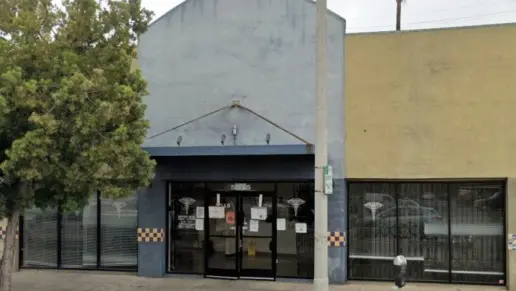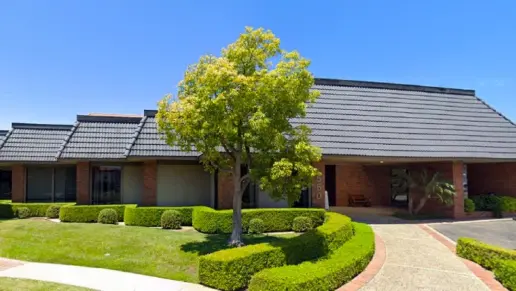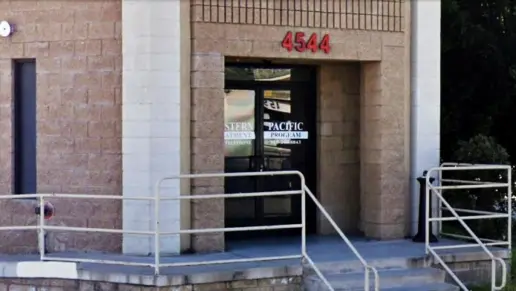They helped me getting sober, best place to get treated. The treatment was amazing and the staff was always nice with me and the other patients.
About Inland Valley Recovery Services
Inland Valley Recovery Services (IVRS) is located in Upland, California. They provide substance abuse and recovery services for adults and youths in and around San Bernardino County. They have outpatient and residential inpatient programs for detox, recovery and prevention.
They serve over 5,000 patients per year with a wide range of recovery services along with aftercare. They offer individual and group counseling sessions led by qualified, multidisciplinary bilingual staff who meet the California Department of Health Care Services licensing and certification standards.
Their Adult Program focuses on drug and alcohol rehab in either an outpatient or residential inpatient setting. They use a whole scale view to approach addiction treatment and recovery that’s centered around family, community, self help groups and social networks. Their Youth Services are focused on helping at risk youth through the NCTI, National Curriculum and Training Institute, Crossroads Education Program.
They help with drug and alcohol abuse treatments or interventions and anger management. They also support those who have been in trouble for shoplifting or truancy. Many kids who come to this program have been exposed to trauma and are showing negative behavioral patterns.
They have a Family Program that’s centered around helping people with chemical dependency problems that affect the entire family. In this progrma, family members attend classes with the patient that allow them to understand what their loved one is going through.
They also have prenatal day treatment and an intensive outpatient program (IOP) for pregnant or postpartum or parenting women with substance use disorder (SUD). They help with relapse prevention, offer parenting classes, support family systems and provide transportation if needed.
One former patient here said this place saved their life and everything was great including the staff, the food, the meetings and the people. Another said they helped her get better when she thought it was impossible.
Facility Overview
Latest Reviews
Rehab Score
Gallery
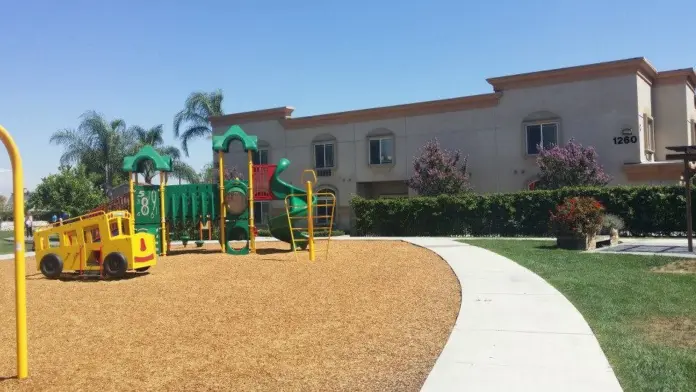
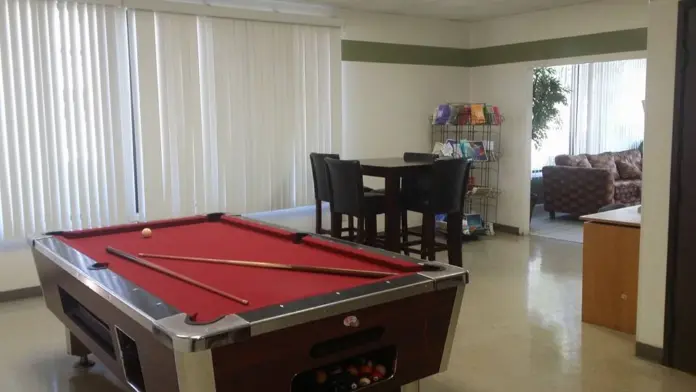
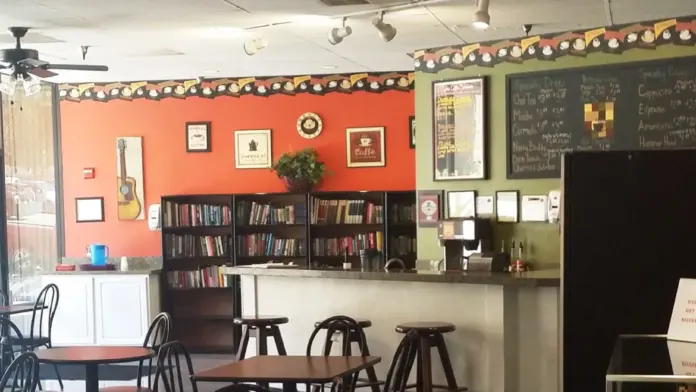
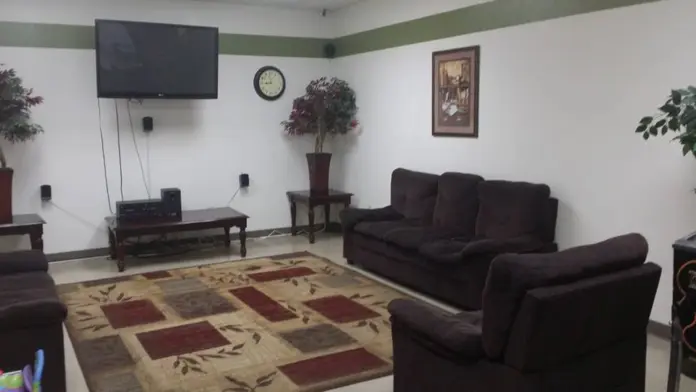
Location
Accepted Insurance

Other Forms of Payment
Private insurance refers to any kind of healthcare coverage that isn't from the state or federal government. This includes individual and family plans offered by an employer or purchased from the Insurance Marketplace. Every plan will have different requirements and out of pocket costs so be sure to get the full details before you start treatment.
Self-pay involves paying for treatment out of your own pocket. You can use savings or credit, get a personal loan, or receive help from family and friends to fund your treatment. If you don't have insurance or your insurance plan doesn't cover a specific program, self-pay can help ensure you still get the care you need.
Financial aid can take many forms. Centers may have grants or scholarships available to clients who meet eligibility requirements. Programs that receive SAMHSA grants may have financial aid available for those who need treatment as well. Grants and scholarships can help you pai for treatment without having to repay.
Sliding scale payments are based on a client's income and family size. The goal is to make treatment affordable to everyone. By taking these factors into account, addiction recovery care providers help ensure that your treatment does not become a financial burden to you or your family, eliminating one barrier to care.
Medicaid is a state based program that helps lower-income individuals and families pay for healthcare. Medicaid covers addiction treatment so those enrolled can use their coverage to pay for rehab. When a program accepts Medicaid the client often pays very little or nothing out of their own pocket.
Addiction Treatments
Levels of Care
Treatments
The goal of treatment for alcoholism is abstinence. Those with poor social support, poor motivation, or psychiatric disorders tend to relapse within a few years of treatment. For these people, success is measured by longer periods of abstinence, reduced use of alcohol, better health, and improved social functioning. Recovery and Maintenance are usually based on 12 step programs and AA meetings.
Drug rehab in California teaches participants constructive ways to stay clean and sober. Treatment revolves around helping individuals stop using the substance they are addicted to and learn healthy habits to avoid relapse.
Individuals with co-occurring mental health and substance abuse disorders often have serious and complex impairments in multiple areas, in addition to drug abuse and mental illness. Clients with severe mental and substance use disorders often have poorer outcomes, expressed as higher rates of relapse, hospitalization, depression and suicide risk. Clients with COD often experience more severe and chronic medical, social, and emotional problems. Because they have two disorders, they are vulnerable to both alcohol/drug relapse and a worsening of the mental health disorder(s). To provide appropriate treatment for this complex population, IVRS collaborates with the County Mental Health Department and/or the client’s personal psychiatrist to ensure that both conditions are treated simultaneously - a key element in successful recovery for individuals with co-occurring disorders. In addition, IVRS’ employs a licensed Marriage and Family Therapist that assists with the counseling and treatment of these individuals when necessary.
A combined mental health and substance abuse rehab has the staff and resources available to handle individuals with both mental health and substance abuse issues. It can be challenging to determine where a specific symptom stems from (a mental health issue or an issue related to substance abuse), so mental health and substance abuse professionals are helpful in detangling symptoms and keeping treatment on track.
Opioid rehabs specialize in supporting those recovering from opioid addiction. They treat those suffering from addiction to illegal opioids like heroin, as well as prescription drugs like oxycodone. These centers typically combine both physical as well as mental and emotional support to help stop addiction. Physical support often includes medical detox and subsequent medical support (including medication), and mental support includes in-depth therapy to address the underlying causes of addiction.
Programs




Clinical Services
Cognitive behavioral therapy in California is a method that therapists often use for the effective treatment of substance use disorders. It is based on the principle that substance abuse stems from unhelpful ways of thinking and patterns of behavior, which can be changed by helping the individual learn better ways of coping.
While participating in dialectical behavior therapy in California, you'll focus on four key areas of skill development: mindfulness, interpersonal effectiveness, emotion regulation, and distress tolerance. Treatment includes weekly individual and group sessions.
Group therapy is any therapeutic work that happens in a group (not one-on-one). There are a number of different group therapy modalities, including support groups, experiential therapy, psycho-education, and more. Group therapy involves treatment as well as processing interaction between group members.
In individual therapy, a patient meets one-on-one with a trained psychologist or counselor. Therapy is a pivotal part of effective substance abuse treatment, as it often covers root causes of addiction, including challenges faced by the patient in their social, family, and work/school life.
Trauma therapy addresses traumatic incidents from a client's past that are likely affecting their present-day experience. Trauma is often one of the primary triggers and potential causes of addiction, and can stem from child sexual abuse, domestic violence, having a parent with a mental illness, losing one or both parents at a young age, teenage or adult sexual assault, or any number of other factors. The purpose of trauma therapy is to allow a patient to process trauma and move through and past it, with the help of trained and compassionate mental health professionals.
Whether a marriage or other committed relationship, an intimate partnership is one of the most important aspects of a person's life. Drug and alcohol addiction affects both members of a couple in deep and meaningful ways, as does rehab and recovery. Couples therapy and other couples-focused treatment programs are significant parts of exploring triggers of addiction, as well as learning how to build healthy patterns to support ongoing sobriety.
Chemical dependency is often referred to as a Family Disease and can present unique problems within the family unit. It can and does envelop the entire family. Therefore, IVRS likes to include the family in the treatment process whenever possible. The facility also offers education classes to family members who would like to visit someone in residential programs. Attendance at these classes help the visits to be constructive and safe for everyone and are designed to give clients an idea of what to expect from a loved one in rehabilitation.
Life skills trainings involve all the skills a person must have in order to function successfully in the world. These include time management, career guidance, money management, and effective communication. Truly successful addiction recovery is based on the ability to not only live substance-free, but to thrive. Life skills teaches the practical necessities of functioning in society, which sets clients up for success in life, and therefore sobriety.
Amenities
-
Yoga Studio
-
Residential Setting
-
Private Rooms
Staff & Accreditations
Staff

CEO
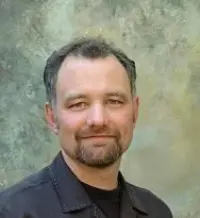
Medical Director
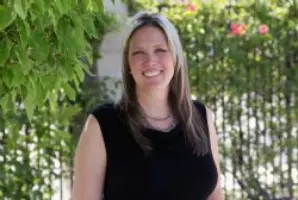
Director of Finance

Director of Operations
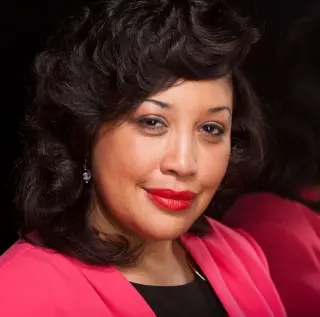
Human Resource Manager
Accreditations

The Commission on Accreditation of Rehabilitation Facilities (CARF) is a non-profit organization that specifically accredits rehab organizations. Founded in 1966, CARF's, mission is to help service providers like rehab facilities maintain high standards of care.
CARF Accreditation: Yes

State Licenses are permits issued by government agencies that allow rehab organizations to conduct business legally within a certain geographical area. Typically, the kind of program a rehab facility offers, along with its physical location, determines which licenses are required to operate legally.
State License: California

The National Association of Addiction Treatment Providers (NAATP) is a professional association that represents organizations in the field of addiction services. Founded in 1978, NAATP's mission is to advance addiction services and ensure that high-quality addiction treatment is available and accessible.
NAATP Member: Yes
Contact Information
1260E. Arrow Hwy
Upland CA, 91786







